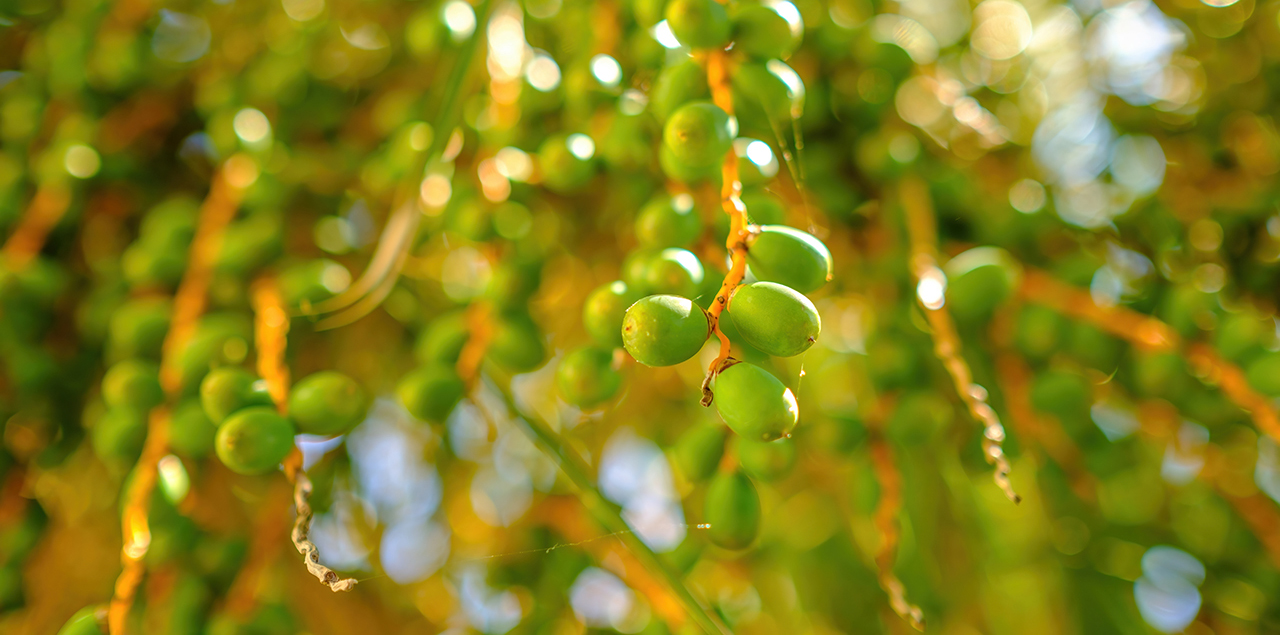

The CDA recognizes that scientific research is of limited value if the results are not shared and implemented with the wider community and the nation. For this reason, and as a part of our contribution to fulfilling the objectives of Vision 2030, the Center is collaborating with external agencies in several domains guided by the following objectives: to inspire children to grow food sustainably, to restore the country’s natural environment and to promote applied research in the fields of food production, water use and environmental conservation.
SAUDI MINISTER OF ENVIRONMENT,
WATER, AND AGRICULTURE
Due to its hot and dry climate, the Kingdom of Saudi Arabia faces many challenges, ranging from sandy soils with low fertility and high salinity to scarce water resources. In order to achieve the ambitious goals outlined in the Kingdom’s Vision 2030, these challenges need to be addressed and overcome. We believe that the CDA is in a perfect position to provide guidance and solutions to key players and decision makers in the KSA.
For ultimate impact to farmers and society, the transformative basic research completed at KAUST needs translational research to turn discovery into product and delivery—making agricultural innovations available to farmers. A key link in this translation and delivery is the proof of concept and subsequent scaling of innovation directly in agricultural production systems. To effectively do this, we need to identify the links in the chain that will deliver research outputs with maximum benefits. For example, developing new field crops with very low water consumption, such as cacti (e.g. pitaya or dragon fruit), is a useful system. Delivering greenhouse systems that consume low amounts of both water and energy to break the water-energy nexus, is another.